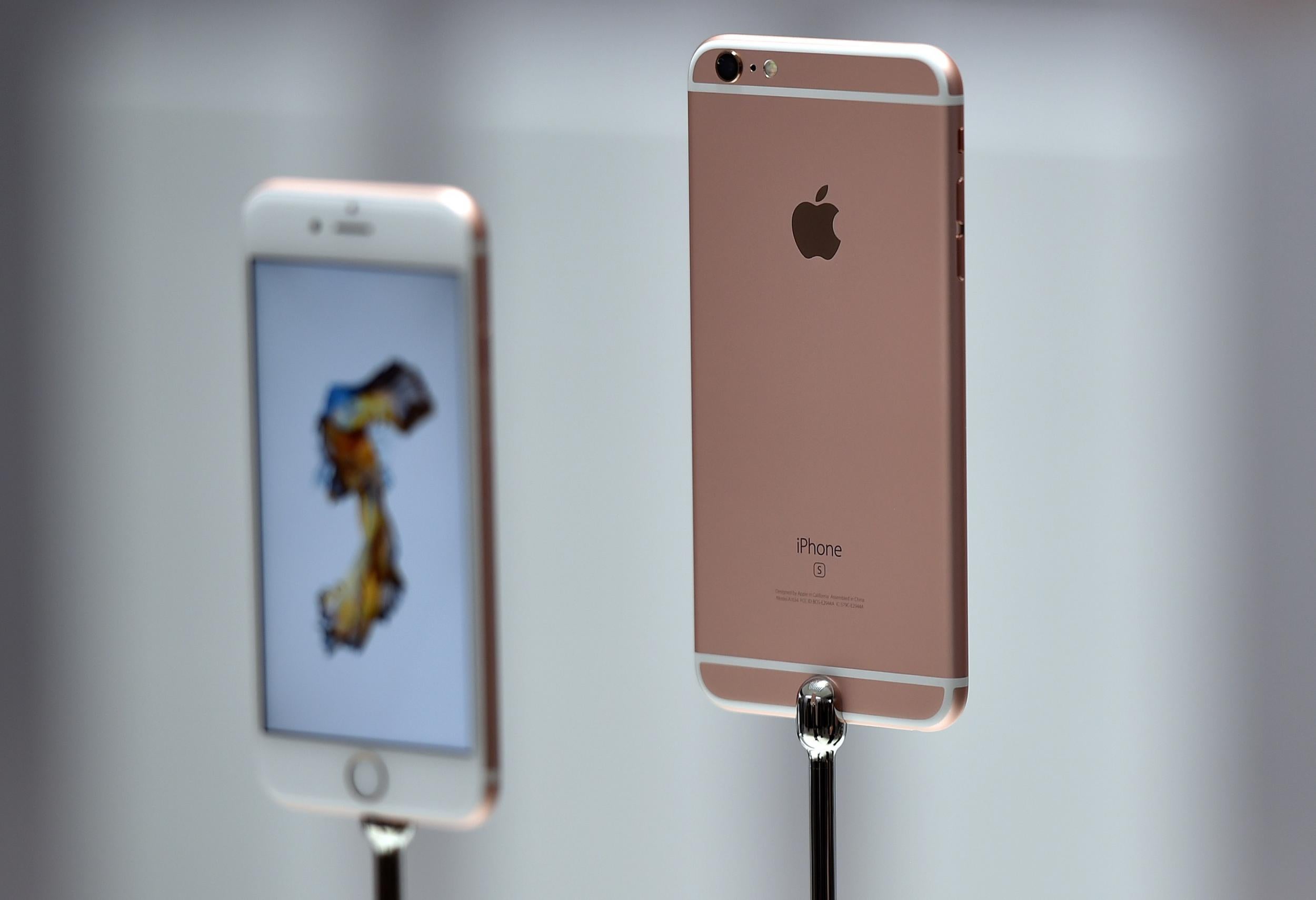The Independent's journalism is supported by our readers. When you purchase through links on our site, we may earn commission.
iPhone 6S: Samsung chips could be ruining the new iPhone's battery life
Early tests on the iPhone 6S suggest models containing a Samsung processor chip could have poorer battery life

After users complained that their new iPhone 6S units were overheating and turning off for no reason, a new problem has been discovered with the must-have device - battery tests suggest that phone's battery life can vary greatly depending on who manufactured the processor.
Some 6S models contain Samsung-made A9 processors, while others contain the same chip made by TSMC.
Both chips do the same job, but vary slightly in how they work - with the result that Samsung's processor apparently puts a much greater strain on the battery.
One Redditor, who owns two iPhone 6S Pluses containing different A9 chips, conducted a battery test to see which lasts longer.
After running the test a couple of times, they claimed that the phone with the Samsung chip had far worse battery life than the one containing the TSMC chip - almost two hours less, in one test.
The poster claimed that both phones were tested in the same way, with the same settings - suggesting that the different type of processsor could be responsible for the dramatic difference in battery life.
There's no way of knowing what processor is in an iPhone 6S before buying it - but owners can download the free app Lirum Device Info Lite to find out.
Tests on the iPhone by users are still in their early stages, and there is no solid proof yet that the different chips are responsible for the differing battery life.
In pictures: iPhone 6s goes on sale
Show all 10However, John Poole, a developer at Geekbench, a processor testing tool that has been used to test the iPhones, says that there is enough data to suggest that the different chips could be the cause, rather than the hundreds of other variables that may be at play.
The Independent has contacted Apple for comment on the issue, this article will be updated when they respond.
Subscribe to Independent Premium to bookmark this article
Want to bookmark your favourite articles and stories to read or reference later? Start your Independent Premium subscription today.

Join our commenting forum
Join thought-provoking conversations, follow other Independent readers and see their replies